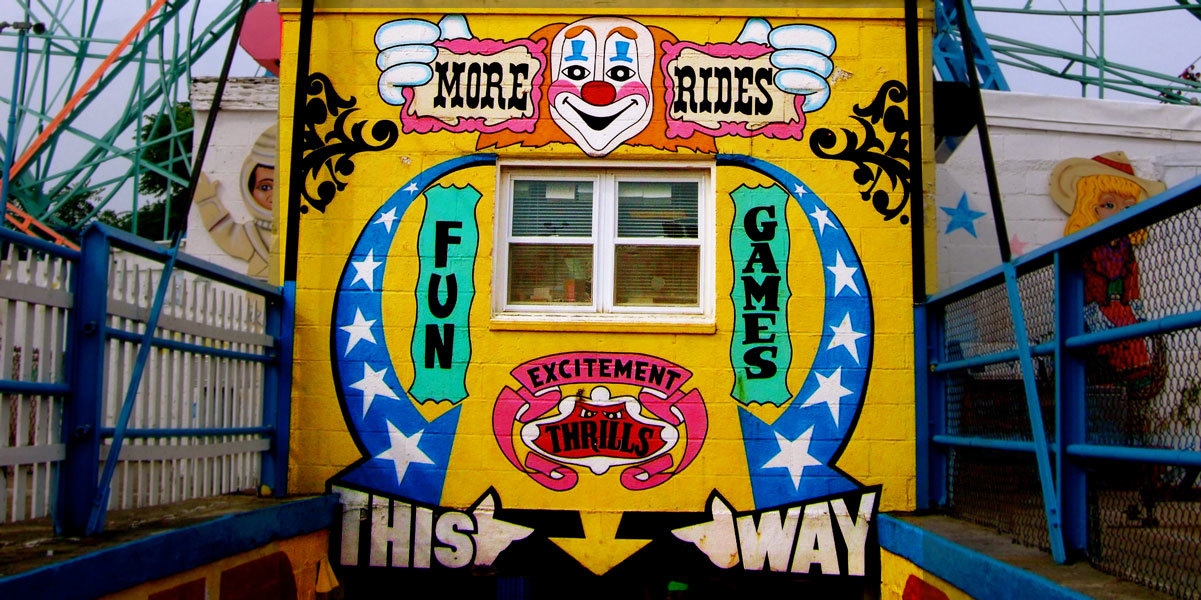Notes on Mellencamp
Chris Klimek
A Cougar in his natural habitat. (Myrna Suarez)
There were so many parts of my tet-a-tet with John Mellencamp a couple weeks back that I knew I’d never be able to use in the <1,000-word piece the Paper of Record commissioned but that I was loath to lose all the same. When he started, I told him that I’d been listening to his music for as long as I’d been listening to music, so it was exciting and a little intimidating to be speaking with hime. “Well,” he said. “I wouldn’t put that much emphasis on it.”
I told him how it was only in 2021, after hundreds of exposures to his 1985 song “Small Town,” that I realized the line I’d always heard as hate the city was in fact hayseed. Such a specific, regional insult! He told me that audiences at his shows always mime holding a cigarette to their lips while singing along to the chorus of “Cherry Bomb,” his typical set-closer: “That’s when a smoke was a smoke.” Only that’s not the line, despite the evidence of their ears and mine. It’s “That’s when a sport was a sport,” which he said he got from the caption of a photo of him with David Bowie in some British paper in the 70s, probably not too long after Bowie’s then-manager, Tony DeFries, slapped his new client Mellencamp with the regrettable stage name Johnny Cougar. (His grown daughter Teddi Jo still calls him “Coug” to roast him, he said.)
We also talked about the consistent placement of such excellent album cuts as “Minutes to Memories” and “Jackie Brown” is his otherwise heavy-on-the-hits setlists, and why he opens his performances — not concerts — with a clip reel of scenes from films like On the Waterfront, A Streetcar Named Desire, and Paper Moon. I misidentified the director of the first two of those as Billy Wilder, realizing after I’d said it that they were both Elia Kazan films — but I pulled the name of screenwriter Bud Schulberg before his assistant could, preventing him, maybe, from thinking me a hayseed.

